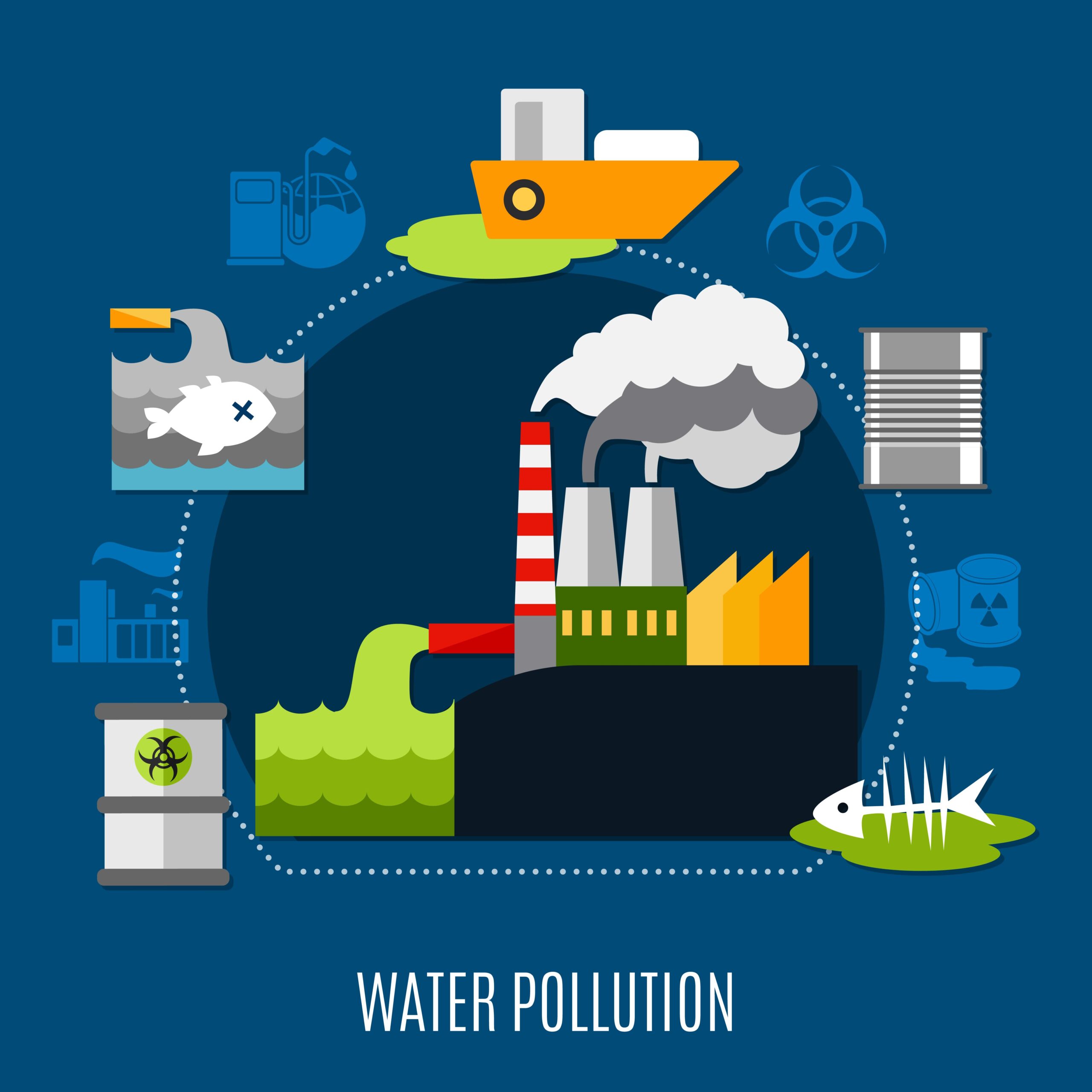PFAS (per- and polyfluoroalkyl substances) are man-made chemicals linked to severe health and environmental issues. These “forever chemicals,” found in countless household products and industrial applications, are under legal scrutiny for contaminating water supplies, soil, and even human bloodstreams. Individuals and communities exposed to PFAS may be eligible to join lawsuits seeking compensation for health risks, property damage, and cleanup costs. Here’s what you need to know to determine if you qualify for a PFAS lawsuit.
What Are PFAS?

PFAS are synthetic chemicals used since the 1940s in products like non-stick cookware, waterproof clothing, and firefighting foams. Known for their durability, PFAS persist in the environment and accumulate over time, leading to widespread contamination.
Health Risks of PFAS Exposure
Exposure to PFAS has been linked to:
- Kidney and testicular cancers
- Thyroid disease
- Immune system suppression
- High cholesterol levels
- Reproductive and developmental issues
Communities near industrial facilities, military bases, and areas with heavy PFAS use are at the highest risk.

Eligibility Criteria for a PFAS Lawsuit
To qualify for a PFAS lawsuit, individuals or groups must meet specific criteria:
1. Exposure to PFAS
You must prove exposure to PFAS through:
- Contaminated Water Sources: Living near industrial plants, military bases, or landfills where PFAS contamination has been detected.
- Occupational Exposure: Working in industries that use or manufacture PFAS, such as firefighting, chemical plants, or manufacturing facilities.
- Product Use: Regular use of products known to contain PFAS.
2. Health or Property Damage
Demonstrate how PFAS exposure has impacted your health, property, or both. Key evidence includes:
- Medical Diagnosis: Health conditions scientifically linked to PFAS exposure, such as cancer or thyroid disease.
- Property Contamination: Soil, water, or property testing showing high levels of PFAS.
- Financial Losses: Costs for medical treatments, property devaluation, or relocation.
3. Geographic Connection
Living or working in areas identified as PFAS contamination sites strengthens your case. Agencies like the Environmental Protection Agency (EPA) maintain databases of contaminated locations.

4. Timely Filing
Lawsuits must comply with the statute of limitations, which varies by state. Consulting an attorney promptly ensures your claim remains valid.
How to Join a PFAS Lawsuit
1. Gather Evidence
Compile documents proving exposure and damages:
- Water or soil test results
- Medical records
- Receipts for related expenses
- Employment or residential history
2. Consult an Attorney
Specialized attorneys can evaluate your eligibility and guide you through the legal process. Look for firms with experience in environmental or toxic tort cases.
3. File Your Claim
Once your evidence is reviewed, your attorney will help you file a claim, either individually or as part of a class-action lawsuit.

Benefits of Filing a PFAS Lawsuit
1. Financial Compensation
Successful claims may cover:
- Medical bills
- Lost wages
- Property damages
- Emotional distress
2. Environmental Cleanup
Lawsuits often compel responsible parties to fund contamination cleanup efforts, benefiting entire communities.
3. Holding Polluters Accountable
Legal action creates accountability and deters future negligence.
FAQs About PFAS Lawsuits
Who Can File a PFAS Lawsuit?
Anyone exposed to PFAS with provable damages, whether as an individual or part of a community, can file a claim.
What If I Don’t Have Immediate Health Issues?
Even without current health problems, you may qualify if you’ve been exposed and face potential future risks.
Are Class-Action Lawsuits or Individual Claims Better?
Class-action lawsuits work well for widespread exposure, while individual claims suit those with unique, severe damages.


